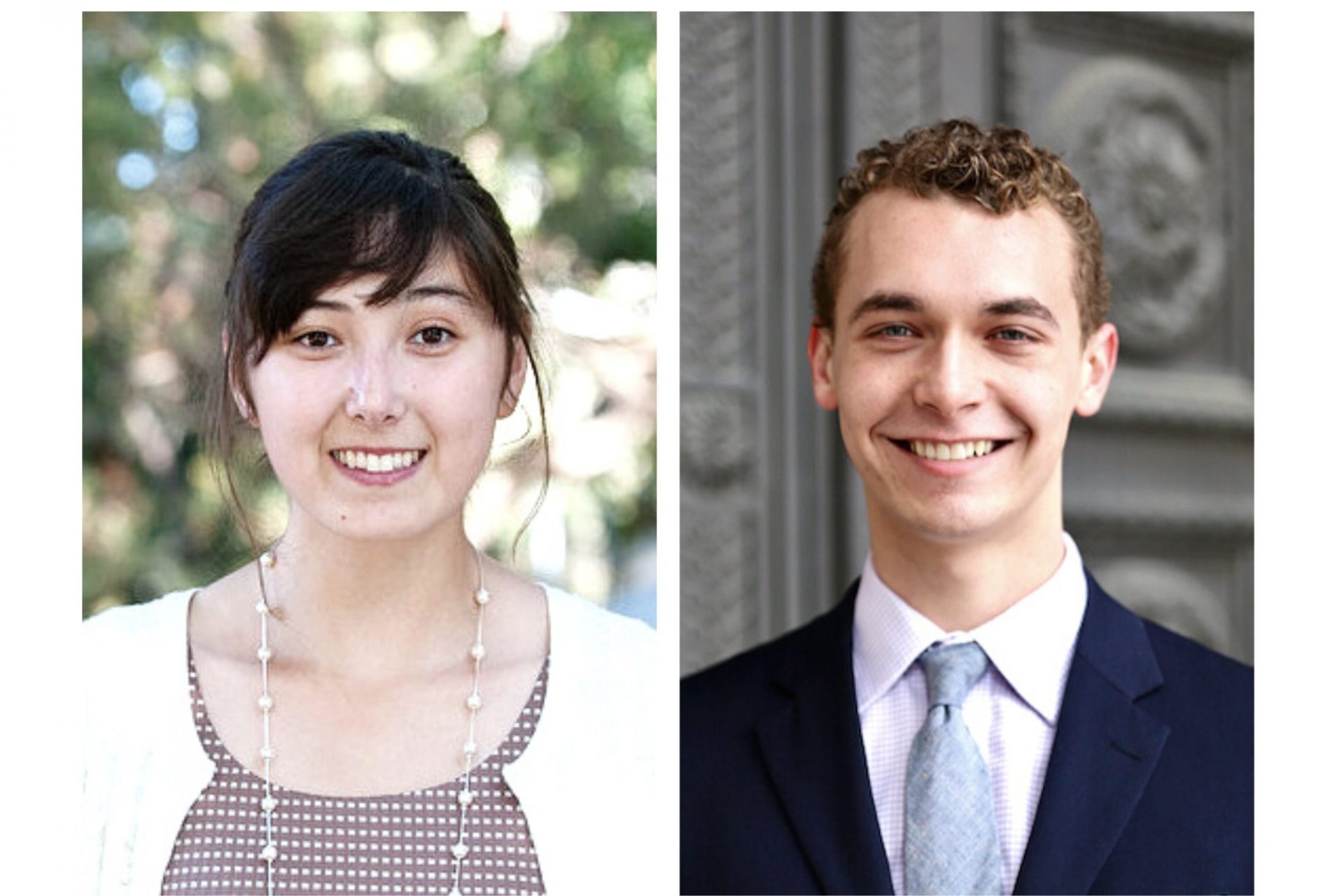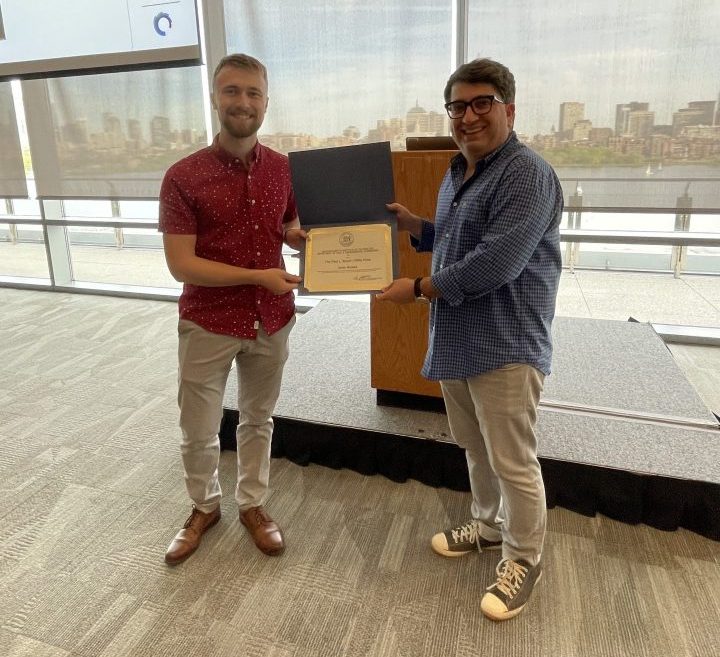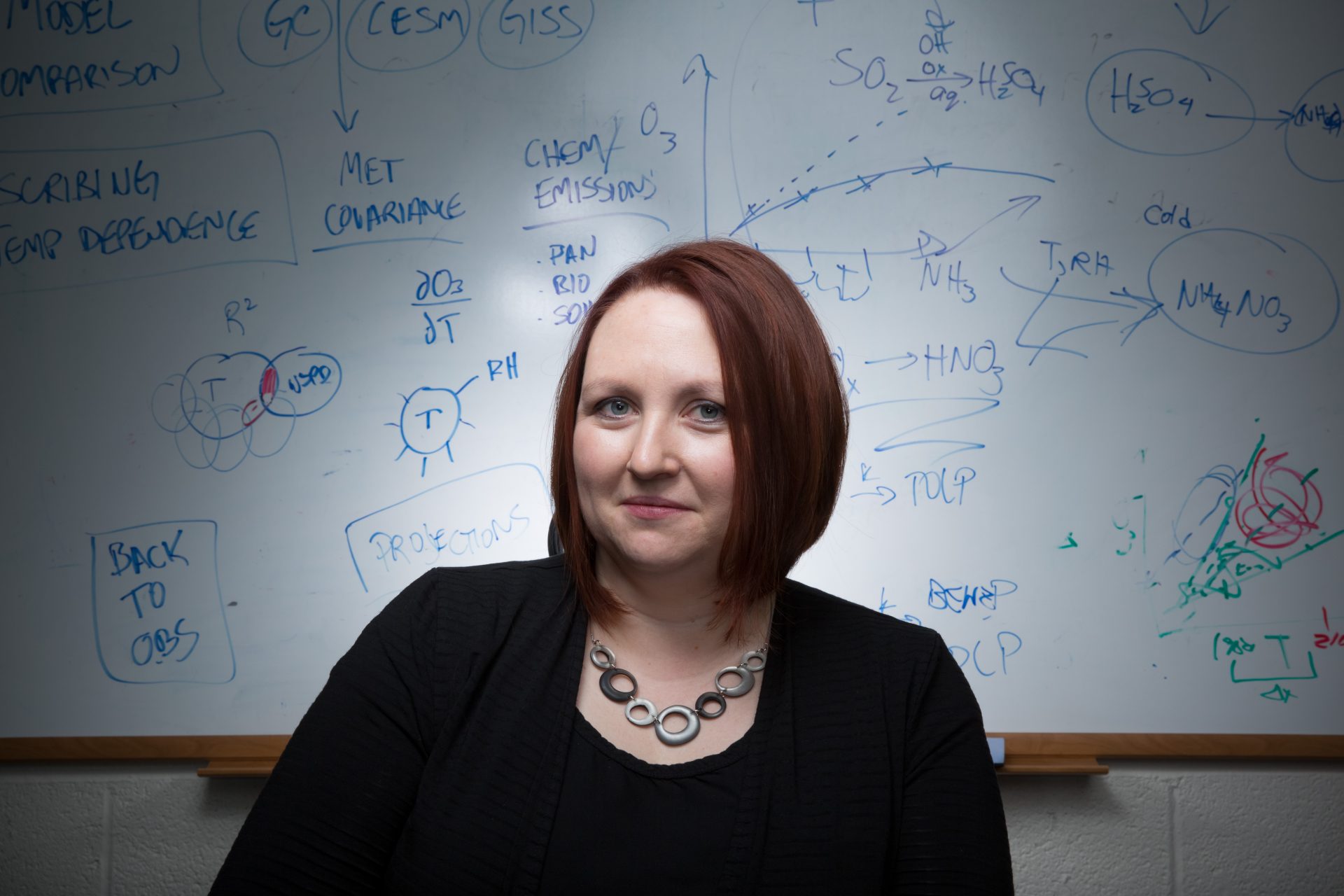MIT CEE PhD students selected for prestigious research fellowships

Two graduate students in the MIT Department of Civil and Environmental Engineering were selected for highly competitive and prestigious graduate fellowships from the U.S. Department of Defense and Department of Energy.
Isabel Honda PhD ’25 is pursuing her doctorate degree in Computational Oceanography with faculty advisor Rubao Ji in the MIT-WHOI Joint Program in the Departments of Civil and Environmental Engineering and Biological Oceanography at Woods Hole Oceanographic Institution (WHOI). Honda was awarded the 2022 National Defense Science and Engineering Graduate (NDSEG) Fellowship from the Department of Defense (DoD) in recognition of her academic excellence and Science, Technology, Engineering and Math (STEM) achievements. She is among 165 exceptional students nationwide to receive this fellowship out of over 3142 applications.
The NDSEG fellowship awards full tuition and all mandatory fees for up to three years and a monthly stipend. In addition, Fellows receive annual health insurance funding, travel budget for training or conferences that support their education during their fellowship tenure.
Honda’s research is currently modeling the impacts of climate change on coupled biological-physical interactions and zooplankton population dynamics on the Northeast U.S. Shelf.
“It’s an incredible honor to receive the NDSEG Fellowship Award, says Isabel Honda. “It gives me the freedom to pursue relevant research on modeling climate change and its impact on our marine systems and society.”
Honda was also selected for the National Science Foundation Graduate Research Fellowship Program for her outstanding research and academic efforts but has chosen to pursue her research as an NDSEG fellow since she can only accept one fellowship.
Storm Mata PhD ‘26 is pursuing his doctorate degree in environmental fluid mechanics with an emphasis in wind energy and atmospheric boundary layer physics with faculty advisor Michael Howland in the Department of Civil and Environmental Engineering. Mata was awarded the Department of Energy Computational Science Graduate Fellowship (DOE CSGF) for his research in addressing the impacts of climate change on wind energy resiliency. The prestigious fellowship awards full tuition and fees for up to four years, a monthly stipend, and a yearly allowance for travel and professional development. Fellows also participate in a three-month research practicum at one of 21 Department of Energy laboratories or sites across the country.
Mata is one of 33 students across the country to receive the DOE CSGF. This fall, he will continue his research in wind power modeling techniques, looking for an analytical model to accurately predict wind turbine power production under differential wind conditions.
“I am grateful to have been awarded this fellowship, and honored that the selection committee value our research,” says Storm Mata. “I look forward to continuing my work with the financial and professional support this fellowship provides.”
Share on Bluesky


